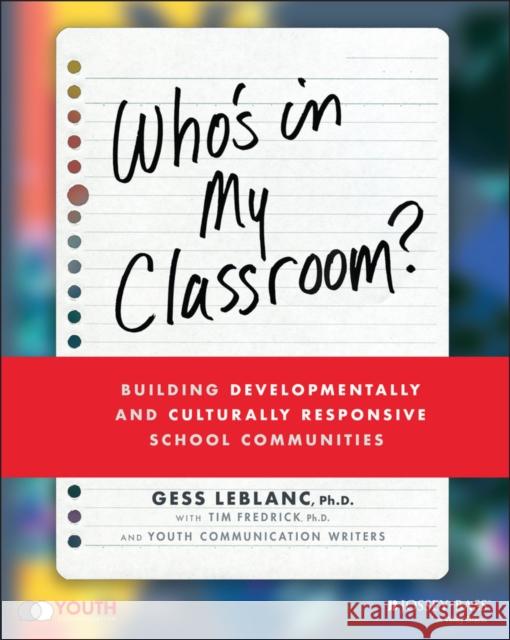Who's in My Classroom?: Building Developmentally and Culturally Responsive School Communities » książka
topmenu
Who's in My Classroom?: Building Developmentally and Culturally Responsive School Communities
ISBN-13: 9781119824138 / Angielski / Miękka / 2021 / 320 str.
Kategorie:
Kategorie BISAC:
Wydawca:
Jossey-Bass
Język:
Angielski
ISBN-13:
9781119824138
Rok wydania:
2021
Ilość stron:
320
Waga:
0.47 kg
Wymiary:
23.37 x 18.54 x 2.03
Oprawa:
Miękka
Wolumenów:
01











